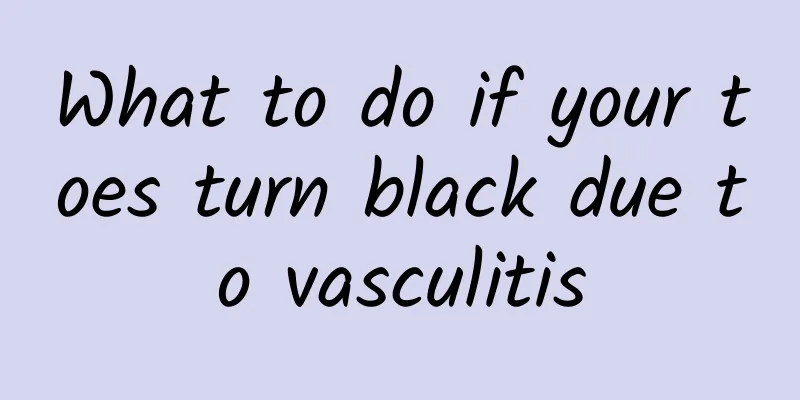Introduction to the effects and functions of Clematis

|
The pharmacological effect of Clematis is relatively good. It can play a good antibacterial, anti-inflammatory and anti-tumor effect. It can also have a direct effect on smooth muscles. It can also be used externally to treat toothache or pharyngitis. 1. Modern pharmacological research shows that Clematis has antibacterial , anti-inflammatory, anti-tumor, antimalarial, antihypertensive, hypoglycemic, bile secretion promoting, analgesic, antispasmodic and other effects. It is clinically used in the treatment of rheumatoid arthritis, chronic cholecystitis, lumbar muscle strain, and externally used in the treatment of pharyngitis, heel pain, toothache, etc. This product is dispersive in nature. Long-term use may easily damage the vital energy. It is forbidden for those who suffer from muscle and bone cramps and pain due to blood deficiency. It is not suitable for those with qi deficiency and blood deficiency, physical weakness and weak qi, yin deficiency with heat, without wind, cold and dampness, and pregnant women. The fresh whole plant can cure pharyngitis and acute tonsillitis, the root can cure filariasis, and can be used externally to treat toothache. 2. Effects on the circulatory system. A 50% infusion (1 ml/kg) of Clematis angustifolia can lower blood pressure and reduce kidney volume in anesthetized dogs, while the efficacy of its decoction is only half that of the infusion. It has an inhibitory and then excitatory effect on the isolated toad heart. The efficacy of its infusion seems to be about 3-5 times greater than that of its decoction. Its antihypertensive effect may be related to its inhibition on the heart. 3. Effect on smooth muscle. The decoction of Clematis angustifolia has a significant excitatory effect on the isolated intestine of mice, which may be a direct effect on the smooth muscle. It also has a similar effect on the isolated intestine of rats and rabbits; it has no obvious effect on the isolated uterus of mice. 4. Antidiuretic effect. Preparations of Clematis angustifolia have significant antidiuretic effects on mice, rats, and guinea pigs. The effect of the infusion is roughly the same as that of the decoction; 0.2 ml of a 50% decoction is approximately equivalent to the antidiuretic effect of 0.1 unit of vasopressin, and its duration of action seems to be longer than that of vasopressin. This effect may also be related to the decrease in blood pressure and renal vasoconstriction. 5. Hypoglycemic effect. The extract of Clematis chinensis has a significant effect on enhancing glucose assimilation in normal rats (that is, after giving rats a large amount of glucose, the urine glucose test is still negative), so it may have a hypoglycemic effect. 6. Relieve rheumatism and relieve pain. Used for rheumatic pain. It is good at moving and can pass through the twelve meridians, so it is particularly suitable for migratory rheumatic pain throughout the body. |
<<: How does Traditional Chinese Medicine treat postherpetic neuralgia?
>>: What are the effects and functions of Baitongcao
Recommend
What causes yellow urine?
Yellow urine is quite common in our daily life, a...
How long should I take Chinese medicine?
When we feel unwell or sick, we usually seek trea...
What medicine should I take for severe fatty liver?
Severe fatty liver indicates that the patient'...
Why do small blisters on my hands and feet cause itching? How to treat it?
Small blisters on the hands and feet are a common...
How to use hemorrhoid cream
Hemorrhoids are quite common in daily life, so do...
What are the benefits of abdominal therapy
In many obese people, the abdomen is quite conspi...
What Chinese medicine should I take for scarlet fever? Chinese medicine is the safest treatment
Scarlet fever is very common among children nowad...
What to do if you have cervical pain during confinement
Confinement is a traditional way for women to rec...
Bathing with boiled mugwort is effective
Now that the weather is hot, many people often ge...
How to reduce fat belly?
When it comes to fat belly, many people may not k...
The harm of porcelain teeth being too high and not adjusted
Porcelain teeth do not fit perfectly after they a...
What are the symptoms of testicular tumors? Clinical manifestations and treatment of testicular tumors
Testicular tumors, which are a type of weight tha...
Upper limb rehabilitation methods for hemiplegic patients
There are many causes of hemiplegia, for example,...
What are the symptoms of sinusitis?
Sinusitis is a very common disease in daily life....
What to do if you have pancreatic pain?
Pancreatitis is a common disease in life. The mos...









